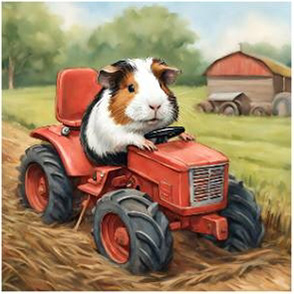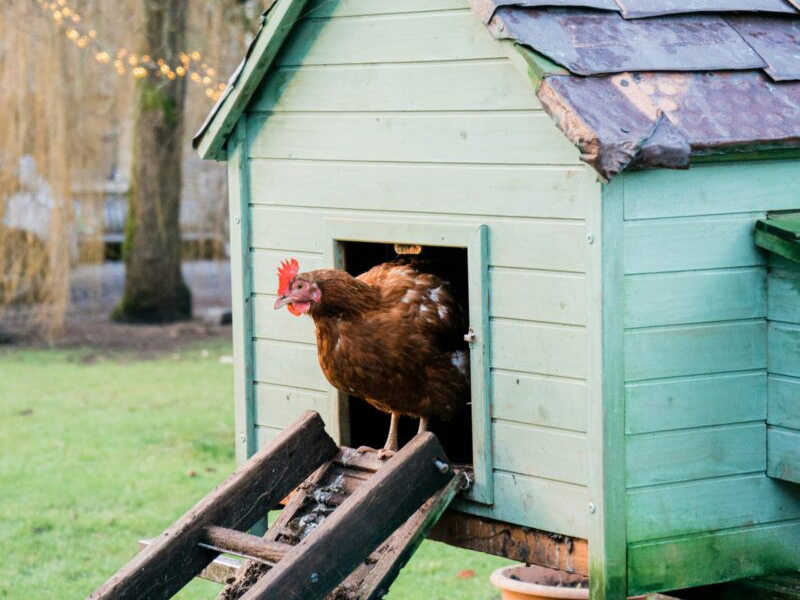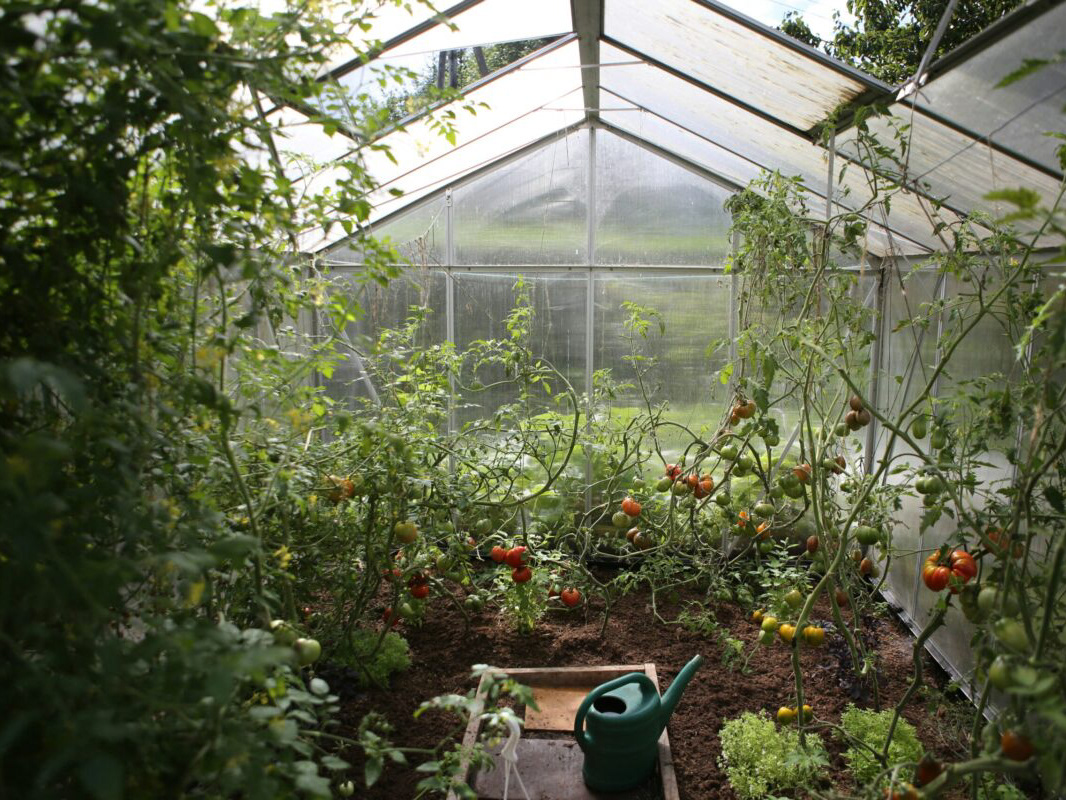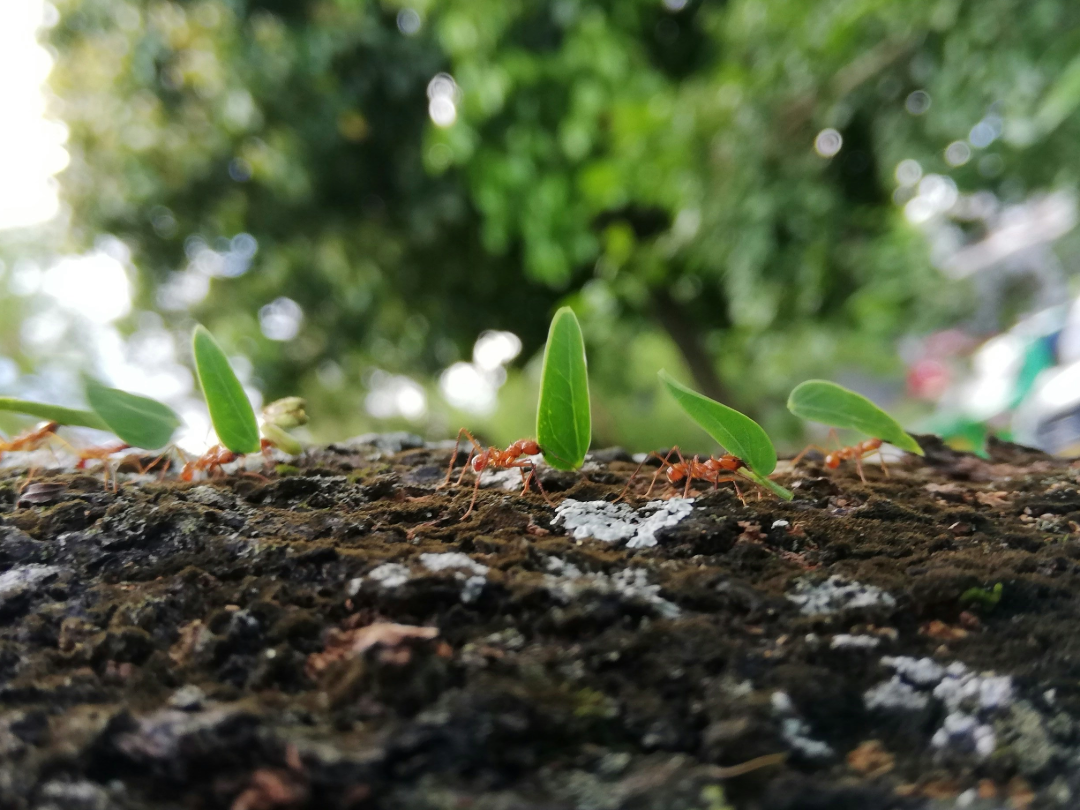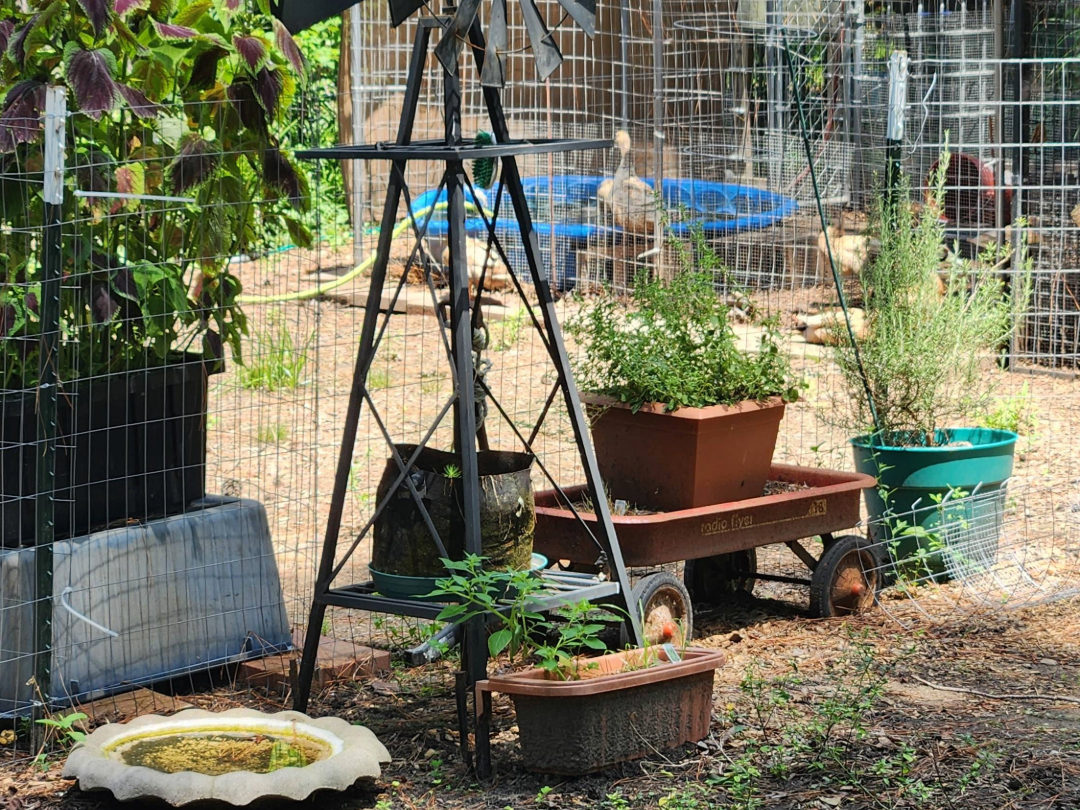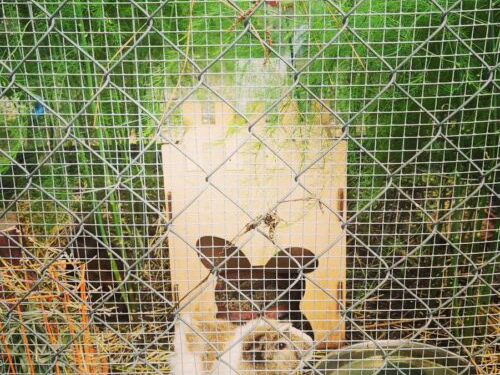Hello Friends, lets discuss rodent traps and guinea pigs. Rodents can be a nuisance in our homes, causing damage and spreading disease. But if you have guinea pigs as pets, you need to be extra careful with how you control rodents to ensure your beloved pets aren’t harmed. This guide will help you understand the types of rodents you might encounter, the traps commonly used to control them, and best practices for using these traps while keeping your guinea pigs safe.
Understanding the Problem – Types of Rodents and Their Impact
Rodents can vary in size, behavior, and impact on your home. Some common types of rodents include:
Mice: Small, agile, and quick breeders. Mice can enter through small openings and are known for contaminating food and nesting in homes.
Rats: Larger than mice, rats are more destructive and can cause significant structural damage. They also carry diseases that are harmful to humans and other animals.
Squirrels: Often found in attics and roofs, squirrels can chew through wiring and insulation, posing fire risks.
Chipmunks: Similar to squirrels but smaller, chipmunks can cause garden damage and dig holes around the yard.
Rodents can cause health risks, damage property, and create unsanitary conditions. Effective control is essential, but it’s crucial to consider your guinea pigs’ safety when setting traps.
Types of Rodent Traps and Their Effects
Rodent traps vary in design and function. Here’s an overview of the most common types and their potential risks.
Bucket Traps: Bucket traps are highly effective, catching multiple mice and rats with one use. These traps also minimize the contact with rodents that have been trapped.
Snap Traps: These are the classic spring-loaded traps that kill rodents quickly. However, they can be dangerous to pets and humans if not properly placed.
Glue Traps: These traps use adhesive to capture rodents. They are not considered humane and can cause suffering to rodents. Additionally, they pose a risk to other animals, including guinea pigs.
Live Traps: These traps capture rodents without killing them, allowing for release in a different location. They are more humane but require careful handling.
Electronic Traps: These traps use electricity to kill rodents quickly. While effective, they can be hazardous to curious pets if not properly secured.
Safe Use of Rodent Traps Around Guinea Pigs
If you have guinea pigs, it’s essential to take precautions when using rodent traps. Here are some tips to ensure your guinea pigs stay safe.
Separate Living Areas: Keep rodent traps away from areas where your guinea pigs roam. Consider setting traps in areas inaccessible to pets, such as attics, crawl spaces, or basements.
Secure Traps: Make sure traps are firmly in place and not easily moved or tipped over by pets. Use enclosures or barriers to prevent guinea pigs from accessing trap areas.
Use Safe Traps: Choose traps that are less likely to cause harm to pets. Live traps and electronic traps with proper safety features are good options.
Monitor Regularly: Check traps frequently to ensure they are functioning properly and to remove captured rodents promptly. This reduces the risk of attracting other pests or causing distress to your pets.
Consult a Professional: If you’re unsure about the best approach to rodent control or if you have a significant infestation, consider hiring a professional pest control service that understands pet safety.
Conclusion
Rodent control is a necessity for many households, but it’s crucial to ensure the safety of all pets, including guinea pigs. By understanding the types of traps and following these safety tips, you can manage rodent problems without putting your pets at risk. Remember to be mindful of where traps are placed and consider humane alternatives when possible.
